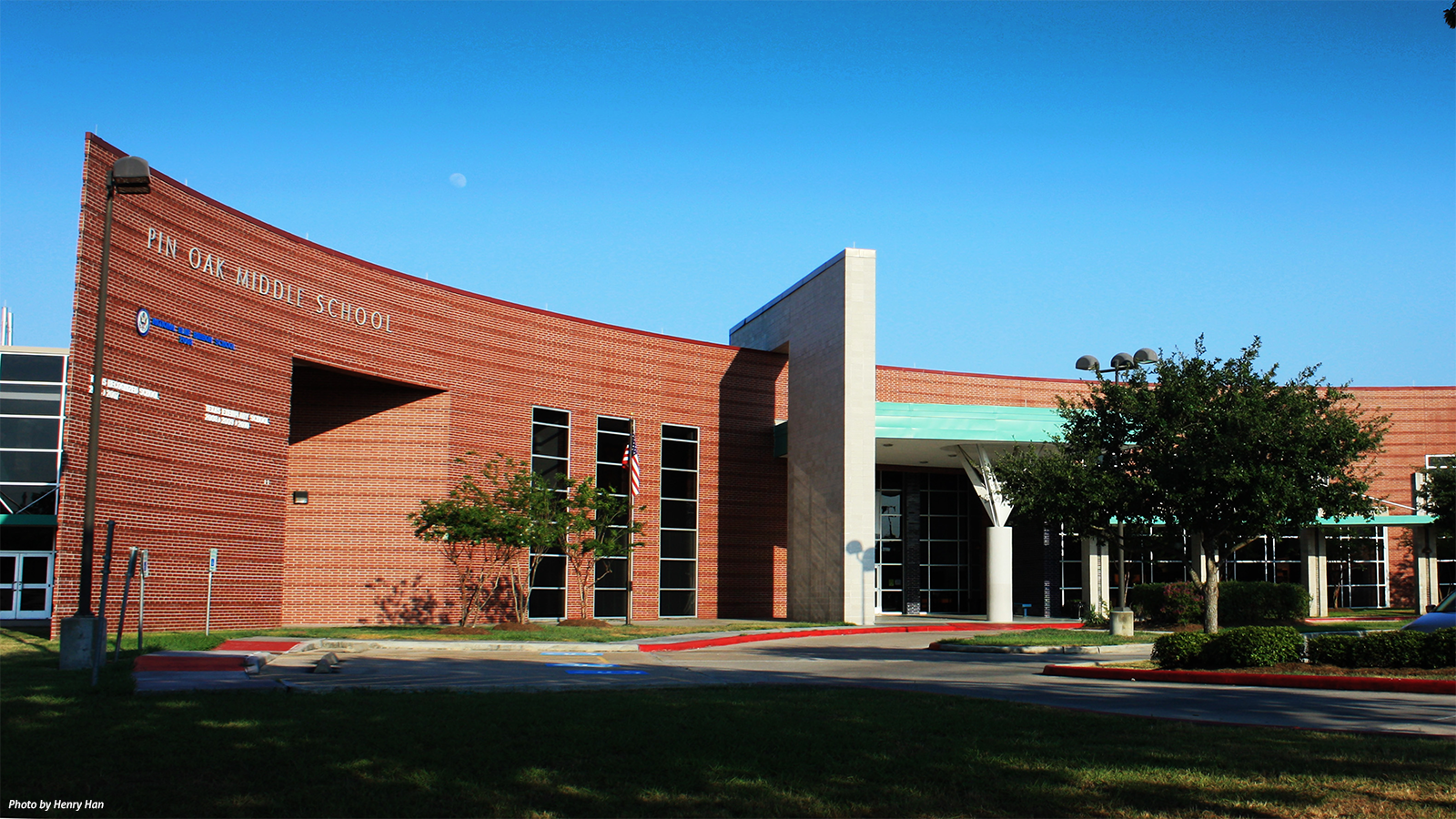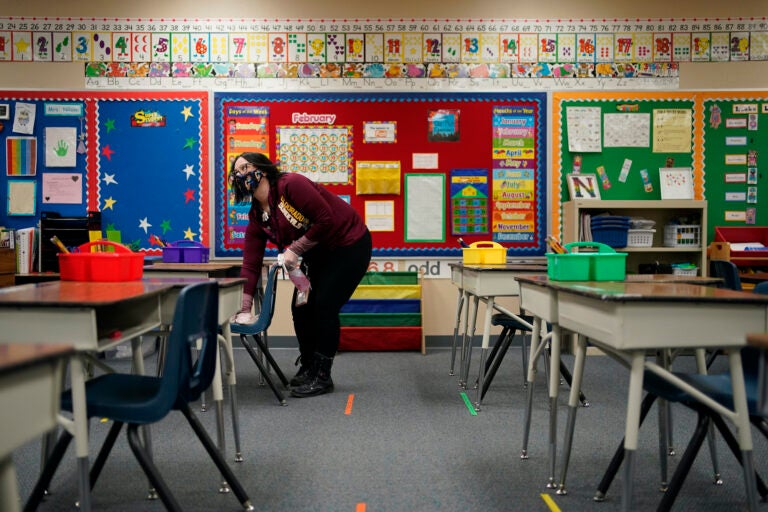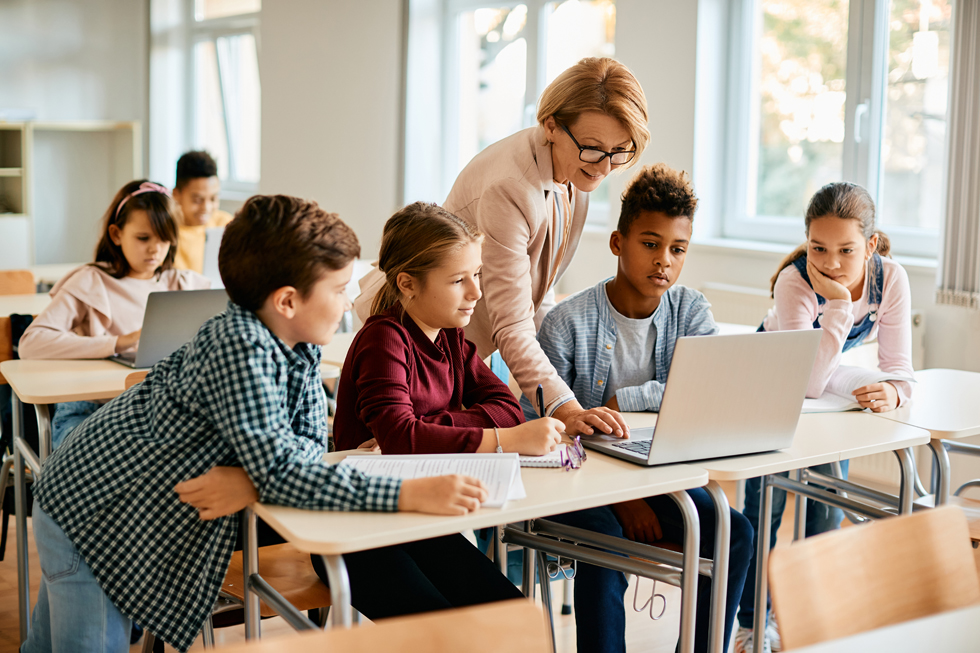The Influence of Institution Environments on Academic Success and Personal Well-Being
The design of educational rooms, including natural lighting and ergonomic furnishings, can boost pupils' focus and convenience. How can schools purposefully improve these facets to much better support their students?
Physical Layout and Design
How does the physical layout and style of a school influence academic success? The plan and visual of an institution environment can considerably affect trainees' knowing end results. A properly designed school design promotes ease of movement, lowers disturbances, and promotes a sense of safety and belonging. For example, wide passages and plainly marked areas assist in smooth changes between classes, lessening lateness and disturbance. Furthermore, strategically placed usual locations urge social communications, which are crucial for social and psychological advancement.
All-natural illumination and effective ventilation systems are critical in boosting cognitive feature and lowering absenteeism. Research studies have actually shown that class with sufficient all-natural light boost student focus and lower sensations of drowsiness. Ergonomic furniture customized to pupils' demands can stop physical discomfort, enabling for long term emphasis and interaction in academic activities.
Access to outside rooms and visually pleasing environments likewise play an essential role - Save Temecula Schools. Green rooms and properly maintained institution premises give opportunities for exercise and mental leisure, both of which are necessary for maintaining high degrees of scholastic performance. Basically, an attentively designed physical setting can act as a stimulant for scholastic quality, cultivating an atmosphere that sustains both training and discovering
Class Atmosphere
A setting that fosters a feeling of safety, inclusivity, and common regard urges pupils to involve even more actively in their learning procedures. The setting of a classroom, including aspects such as illumination, noise degrees, and seating plans, can considerably affect pupil focus and inspiration.
In addition, the classroom atmosphere must support a culture of collaboration and open interaction. They are extra likely to engage deeply with the material and establish critical assuming skills when students really feel comfy sharing their concepts and asking inquiries. Peer interactions and team tasks can boost understanding by fostering and giving diverse perspectives synergy
Additionally, establishing constant routines and clear expectations can develop a structured environment that permits trainees to concentrate on their research studies. By lessening uncertainty and supplying a foreseeable structure, trainees can better handle their time and obligations. Inevitably, a positive classroom atmosphere not only enhances academic efficiency yet also adds to the total health of trainees, preparing them for future educational and individual undertakings.
Teacher-Student Relationships
Building on the relevance of a positive classroom environment, the relationships between students and educators play a crucial role in shaping academic success. A healthy teacher-student relationship fosters a learning atmosphere where students feel valued, understood, and sustained, which significantly improves their motivation and involvement. When students perceive their teachers as approachable and empathetic, they are more probable to get involved actively in class and look for assistance when needed, adding to a deeper understanding of the subject.

Effective communication is essential to supporting these relationships. Educators that utilize open, considerate, and constant interaction develop a foundation of official website count on. This trust makes it possible for pupils to reveal their concepts and concerns freely, cultivating a collaborative understanding setting. Fundamentally, strong teacher-student relationships are a keystone of educational success, playing an important function in both scholastic accomplishment and individual growth.
Peer Communications
Peer communications substantially affect academic success by shaping a student's cognitive and social growth. Within the institution setting, peer connections act as a fundamental part for discovering and individual growth. Favorable peer interactions can enhance a trainee's inspiration and involvement in academic tasks through joint discovering and shared support. When pupils work together in team setups, they trade ideas, resolve issues collectively, and create critical believing abilities. Such communications cultivate a feeling of belonging and community, which is essential for psychological wellness and scholastic perseverance.

Reliable peer communications also add to the development of essential life skills, such as interaction, conflict, and collaboration resolution. These social expertises are important for both academic success and individual wellness, highlighting the significance of promoting favorable peer dynamics within the school setting.
Extracurricular Tasks
Engaging in extracurricular tasks plays a crucial role in a student's scholastic success and personal advancement. Research study continually indicates that pupils who take part in extracurricular activities have a tendency to attain higher scholastic performance.
In addition, extracurricular participation promotes a feeling of belonging and neighborhood, which is important for personal health. Taking part in group activities permits pupils to develop and reinforce social media networks, enhancing their social and emotional knowledge. These communications are important for establishing social skills that are useful in both future and academic professional atmospheres.
Furthermore, extracurricular tasks give a positive outlet for students to discover their interests and enthusiasms past the basic educational program. This expedition can lead to the exploration of brand-new talents and possible profession courses, even more motivating pupils to engage more deeply in their scholastic job. To conclude, the click to find out more function of extracurricular tasks extends beyond mere leisure; they are integral to promoting an alternative instructional experience that promotes both scholastic success and individual development.
Final Thought
Altogether, the influence of institution atmospheres on both academic success and individual health is extensive. Thoughtfully designed physical layouts and class, together with favorable teacher-student partnerships and useful peer interactions, dramatically improve trainee inspiration and engagement. The presence of encouraging teachers can alleviate stress, cultivating a nurturing atmosphere favorable to alternative growth. These components collectively highlight the significance of creating and maintaining ideal school settings for the advantage of students' personal and scholastic growth.
Inevitably, a positive classroom environment not only boosts scholastic performance yet additionally adds to the overall wellness of trainees, preparing them for future educational and personal endeavors.
